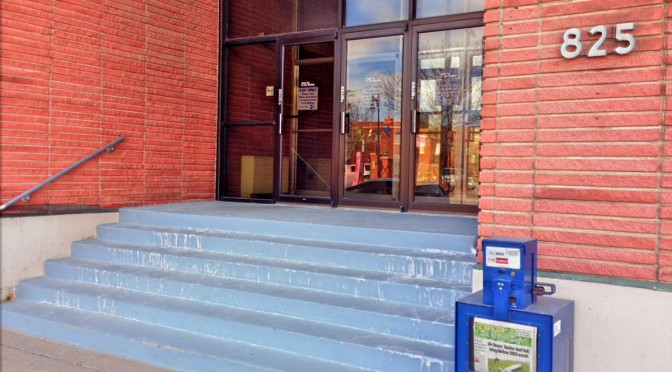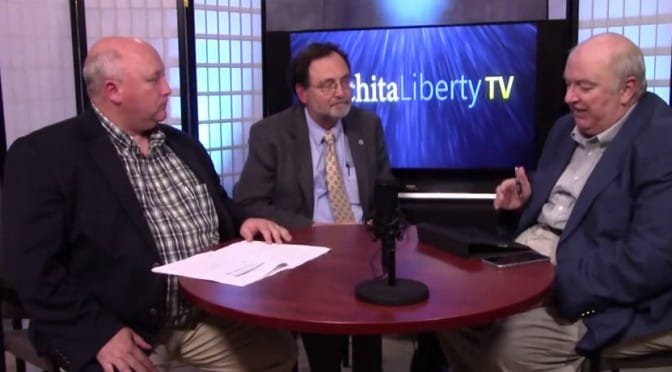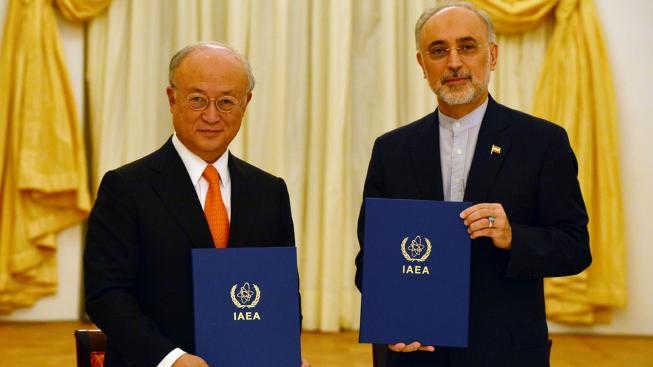“Overcoming obstacles can be a difficult challenge even on a level playing field. We need to change the rigged system that favors the politically connected over the hardworking, honest citizen,” writes Charles Koch in a recent edition of Perspectives.
Overcoming Obstacles
By Charles Koch
July 13, 2015
America’s founding fathers had a unique vision for the United States. As the Declaration of Independence famously put it, this country was conceived as a place where people could enjoy “unalienable Rights,” including “Life, Liberty and the pursuit of Happiness.”
These concepts are much more than just words to me. I believe the greatest gift we can receive or pass on is the opportunity to find and pursue our passion, and, in doing so, make a difference by helping others improve their lives.
It seems to me we’re now losing much of the vision our founders fought so hard to establish. Time and time again, government policies have made it tougher for people to realize their potential.
This change creates some serious consequences, especially for the least-advantaged Americans, who now face more obstacles than ever in their struggle to develop and apply their unique talents and abilities.
To remove these obstacles, we need to revise poverty-creating regulations and abolish corporate welfare, reform our approach to education and enact criminal justice reform.
OVERCOMING OBSTACLES
Consider the challenges of starting a small business. Most would be entrepreneurs have very little capital. To raise money, many will pledge or mortgage whatever assets they have; others will ask for a small business loan.
In the past, community banks usually made such loans. But the Dodd-Frank Wall Street Reform and Consumer Protection Act, signed into law in 2010, put a particular burden on local lenders.
Community banks now face higher compliance costs, more complicated regulations and some strong disincentives to make traditional loans. As Forbes bluntly put it: “Dodd-Frank is killing community banks.”
When small borrowers have no local options, they are forced to turn to bigger banks for help, where they have even less of a chance of getting a loan.
Regressive and anti-competitive regulations are also stalling progress. In particular, licensure requirements (especially at the state and local level) have become a huge obstacle.
Millions are now denied jobs in more than 100 lower-income occupations because of unnecessary licensing requirements, months of mandated training and unaffordable fees.
At the corporate level, excessive permitting requirements (such as a decade-long approval process for a new facility) are very anticompetitive. Such requirements not only prevent the creation of jobs, they protect existing businesses from competition and keep out new entrants, which is a form of corporate welfare.
CORPORATE WELFARE
Even as the little guy is getting stiff-armed, the government has opened its arms to corporate cronyism by subsidizing big banks and corporations through the tax code, mandates, protective tariffs and so on.
I believe this corporate welfare has created a two-tier system with far more “have-nots” than “haves.”
Too many CEOs owe their profits to government “gimmes” rather than the creation of real value by helping others improve their lives. This is the major cause of so much profit being bad rather than good (the subject of my upcoming book).
Speaking of books, another troubling area is education, which should be a path for overcoming obstacles.
Having an effective education that imparts the skills and values needed to make a contribution in society is essential for success.
But that doesn’t mean we should try to push almost all high school graduates into a four-year liberal arts program where they may collect a lot of debt without getting any usable skills.
Educational choices should reflect aptitude. Many kids with mechanical aptitudes will be much more successful by learning a skilled trade or craft.
RENEWED VISION
America should be a place that encourages and enables people to find opportunities to contribute and succeed, and have meaning and fulfillment in their lives.
Instead, it appears that America has become a two-tiered system, in which those with political connections get favors while obstacles are placed in front of those who are left behind.
A great nation does not treat people according to some group classification, whether it be race, religion, gender or age, instead of on their individual merits.
We need to reform our legal and regulatory system so that it treats everyone equally and doesn’t discriminate against the least-advantaged in our society.
Overcoming obstacles can be a difficult challenge even on a level playing field. We need to change the rigged system that favors the politically connected over the hardworking, honest citizen.












